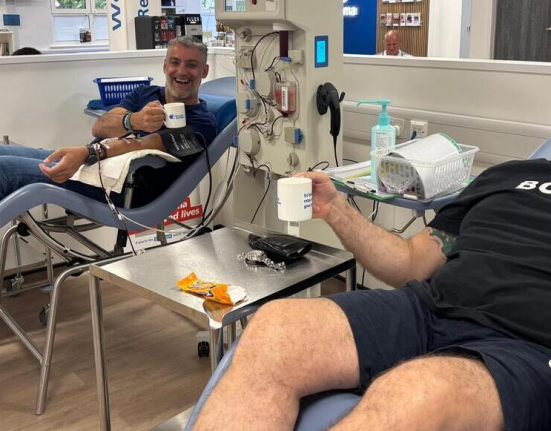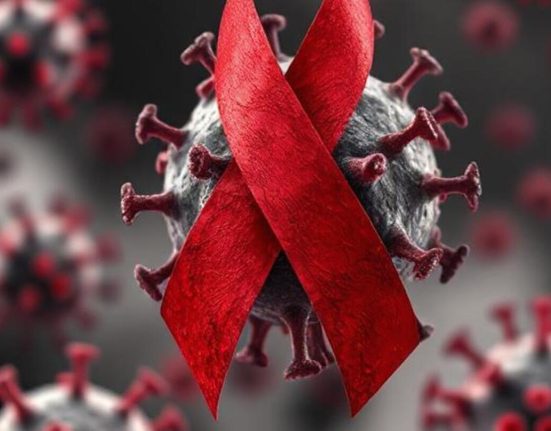Govt must simplify regulations for farmers and water sector
Urgent regulatory clarity is required for farmers to tackle nitrate pollution of water, a House of Lords committee has told the Government.
Agriculture is responsible for 70% of nitrate contamination in waterbodies in the UK, including in the form ammonia from cattle waste.
The Lords’ Environment and Climate Change Committee, chaired by Baroness Sheehan, made a series of recommendations in a report entitled “Nitrogen: Time to Reduce, Recycle, Reuse,” published on July 24, 2025, following an inquiry launched in January.
While essential for life, nitrogen becomes harmful in byproducts like ammonia from agriculture, wastewater, industry and transport, damaging ecosystems and human health.
The Lords said in their report that an unwieldy regulatory landscape was a key factor in why the UK had not progressed as well as the Netherlands or Denmark in tackling this problem.
16% of waterbodies in England have ‘good’ ecological status
With the two biggest contributors of nitrates into water – agriculture at 70% and water, specifically wastewater, at 25% to 30% – the report’s recommendations focused mainly on these two sectors.
The Lords said in their report: “We heard that farmers face a particularly complex and confusing regulatory landscape, with insufficient guidance and support, at a time when they are being asked to meet ever more requirements and demands, while still providing home-grown food on the table.
“Water quality is also a victim of an ineffective regulatory system, with ‘good’ ecological status being achieved in only 16% of water bodies in England, a far cry from the Government’s target of 75%.
“Our findings are in line with other recent reviews – the Corry review of Defra’s regulators and the Cunliffe review of the water sector.”
Simplifying regulation
The inquiry, which heard from a wide range of witnesses, focused on three key areas: simplifying the regulatory system, implementing a circular approach to nitrogen management, and taking a more strategic approach to nitrogen pollution.
The committee’s recommendations to the Government include:
Defra to “review urgently the roles and responsibilities of different regulators as well as simplifying and rationalising the regulatory system” – supporting the independent reviews of Dan Corry (Defra regulation) and Sir Jon Cunliffe (water sector).
· Publish a national “Nitrogen Strategy” within two years, adopting “a cross-sectoral” and “circular economy approach” that includes a “Nitrogen Balance Sheet.”
· Improve monitoring of nitrous emissions to air and water from wastewater treatment plants, including nutrient loads from storm overflows, and set a nitrogen reduction target to increase accountability.
· Promote collaboration between the wastewater and agricultural sectors to implement catchment-based and nature-based approaches.
· Support the expansion of nutrient recovery technologies, not only nitrogen removal, in the wastewater sector from 2025 to 2030.
· Increase the accountability of farmers by clarifying wording in the Farming Rules for Water, Nitrate Vulnerable Zones and Silage, Slurry and Fuel Oil Regulations “as a matter of priority and by summer 2026 at the latest.”
Rivers Trust
The Rivers Trust said in its ‘working with farmers’ position statement: “Farmers must play a central role in tackling the climate and biodiversity crises, as they can host the nature-based solutions that are essential to achieving our environmental targets.
“Recently, over 80% of farmers indicated that Defra paying for environmental outcomes will be important for their businesses in the future and The Rivers Trust is committed to facilitating this transition towards payments for ecosystem services.”







